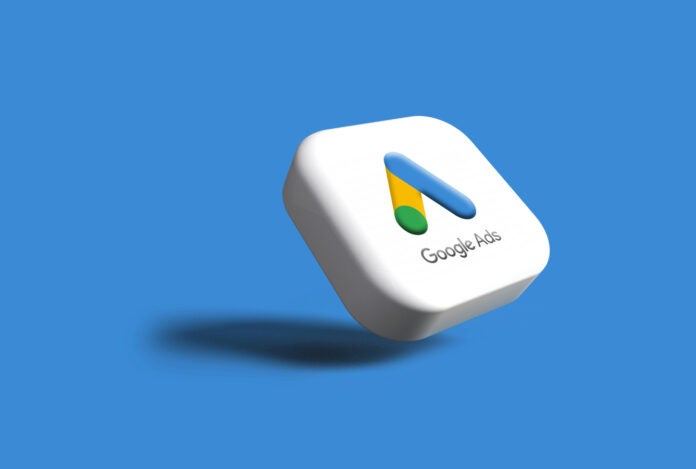Google is now placing ads inside conversations with third-party AI chatbots, marking a major shift in how the search giant monetizes artificial intelligence. The move comes as AI-powered search tools like OpenAI’s ChatGPT and Perplexity continue to gain traction, threatening Google’s long-standing dominance in online search.
According to a Bloomberg report, Google’s AdSense for Search, which traditionally displays ads on websites and search results, has been expanded to include chatbot interactions. The company has already conducted tests with AI startups like iAsk and Liner, and is now broadening the rollout.
A Google spokesperson confirmed the development, telling Bloomberg, “AdSense for Search is available for websites that want to show relevant ads in their conversational AI experiences.”
While Google’s Gemini chatbot remains ad-free — for now — this latest move shows how seriously the company is preparing for a future where people rely less on traditional search and more on conversational AI.
AI chats are the new frontier
As AI tools like OpenAI’s ChatGPT and Perplexity rise in popularity, they present a direct challenge to Google’s search business. Since search ads generated more than $198 billion for Google in 2024 — nearly 60% of Alphabet’s revenue — the stakes remain high.
“Having greater visibility into what’s working” is essential to success, Tomasz Tunguz, general partner at Theory Ventures, told Bloomberg. “Feedback loops are incredibly important.”
By embedding ads into chatbot conversations, Google is building a safety net: Even if it loses some control over how people search, it won’t necessarily lose the profits that come with it.
How the ads work
In practice, the ads appear as part of the chat interface. For instance, AI startup iAsk places ads below its AI-generated responses, followed by a prompt inviting users to ask a follow-up question. Liner, another AI search tool popular with students, displays a select number of ads tailored to the user’s research query.
“More like a very early version of Google search ads,” is how Liner CEO Luke Jinu Kim described it to Bloomberg. He added that longer, research-heavy queries give advertisers a better shot at reaching the right audience, even if users of AI chat tools generally click on fewer links.
Monetizing AI at all costs
Generative AI is notoriously costly to operate. Billions are being spent on AI chips and cloud infrastructure, and so far, none of the big players — including Google or OpenAI — have fully figured out how to make the technology profitable.
Google has started exploring premium offerings, including a “Gemini Ultra” subscription, as reported by Ars Technica. But ads may offer a more immediate way to cover costs, especially for the free versions of these tools.
Google is not alone. Other startups — including Koah Labs and Perplexity — are also experimenting with ad-based models. Perplexity, for instance, allows brands to sponsor follow-up questions in the chat interface. Whether users will embrace this form of monetization or view it as an unwelcome intrusion remains uncertain.
